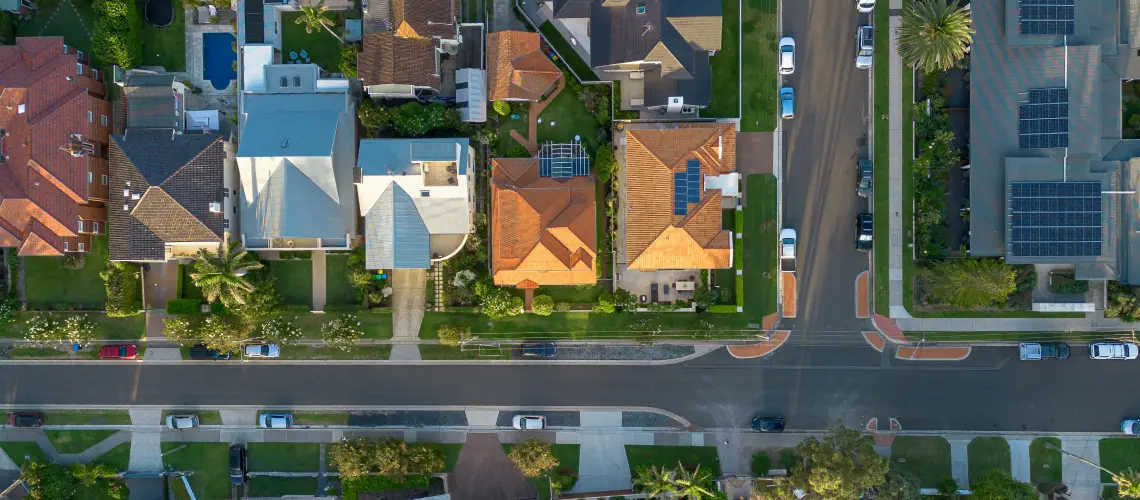If you are buying, selling, or refinancing a home, getting an accurate residential property valuation in Hobart is crucial. Property valuers assess various factors such as location, market trends, and property features to determine the fair market value of a home.
Hobart’s real estate market has experienced strong growth in recent years, making it essential for homeowners and investors to understand how residential property valuations work. Whether you’re planning to sell your home, refinance a mortgage, or invest in a rental property, a professional valuation helps ensure you are making informed decisions.
Why Residential Property Valuation is Important
A professional property valuation is essential for:
- Buying or selling a home: Ensures you list or purchase at a fair market price
- Refinancing a mortgage: Lenders require an accurate valuation to approve loans
- Estate planning and settlements: Used in divorce settlements, probate, and tax planning
- Investment decisions: Helps investors assess property value and potential rental income
By working with an experienced valuer, you gain insight into what your property is worth and how to maximise its value.
Factors That Affect Residential Property Valuation in Hobart
Property valuers in Hobart use industry-standard methods to assess a home’s value. Below are some of the key factors they consider:
Location and Market Trends
- Suburbs like Battery Point, West Hobart, and Sandy Bay tend to have higher property values due to their prime locations
- Homes in emerging areas like Kingston, Claremont, and Glenorchy may be valued lower but offer growth potential
- Nearby amenities such as schools, parks, public transport, and shopping centres impact property prices
Property Size and Features
- Land size plays a key role in property valuation. A larger block usually commands a higher price
- The number of bedrooms and bathrooms also impacts value, with larger homes generally being worth more
- Additional features such as garages, solar panels, swimming pools, and outdoor entertainment areas can positively influence a property’s valuation
Recent Sales of Similar Homes
- Valuers compare the recent sale prices of similar properties in your suburb to determine market value
- A 3-bedroom house in New Town will be valued differently from a modern unit in the CBD, even if both are in the same price range
Condition and Age of the Property
- A new or well-maintained property will generally have a higher valuation than an older property requiring renovations
- Valuers assess structural integrity, building materials, and recent upgrades to determine value
Zoning and Development Potential
- Properties with future development opportunities or those in high-demand zoning areas may attract higher valuations
- Homes with heritage restrictions may be subject to lower valuations due to limited renovation potential
Types of Residential Property Valuations in Hobart
- Market Valuation: Used for buying, selling, or investment purposes, based on recent sales data
- Bank Valuation: A conservative valuation used by lenders to assess mortgage risk
- Legal Valuation: Required for divorce settlements, probate, and taxation matters
If you’re unsure which type of valuation you need, consult a qualified property valuer for guidance.
How to Ensure an Accurate Residential Property Valuation
To get the best possible valuation for your property, follow these steps:
- Hire a Qualified Property Valuer: Ensure they are API (Australian Property Institute) certified
- Prepare Your Property: Clean, declutter, and complete minor repairs before the inspection
- Keep a Record of Upgrades: Provide details of recent renovations, council approvals, and improvements
- Understand Market Conditions: Research recent sales in your area to set realistic expectations
By being proactive, you can help ensure the valuation reflects the true value of your property.
How Much Does Residential Property Valuation Cost in Hobart?
The cost of a residential property valuation in Hobart typically ranges from $300 to $600, depending on:
- Property size and type (house, apartment, townhouse)
- Valuation purpose (bank, market, or legal valuation)
- Urgency of the report (faster reports may cost extra)
For legal or commercial valuations, fees may be higher due to the complexity of the reporting requirements.
Conclusion
A residential property valuation in Hobart provides homeowners, buyers, and investors with accurate insights into a property’s worth. Whether you’re selling, refinancing, or making investment decisions, a professional valuation helps you navigate the market with confidence.
- Work with a qualified and accredited valuer
- Understand the key factors influencing property valuation
- Prepare your home to maximise its valuation
If you’re planning to buy, sell, or refinance a property in Hobart, book a professional property valuation today for the most accurate assessment of your home’s market value.
